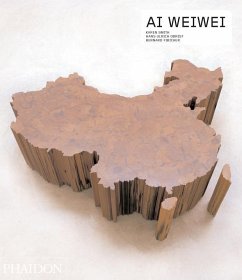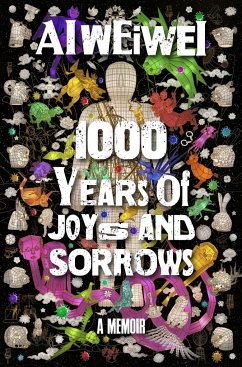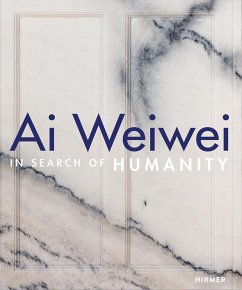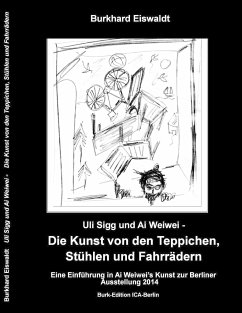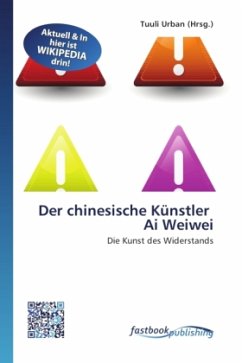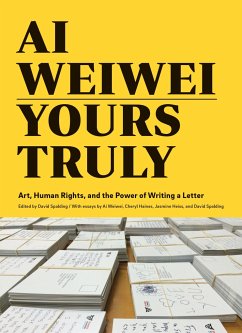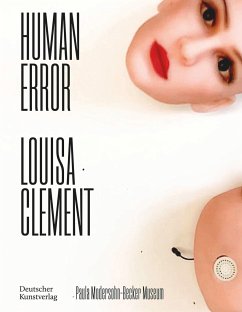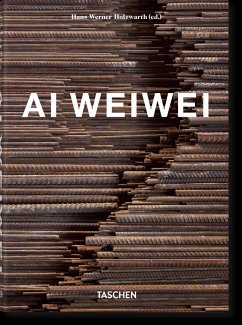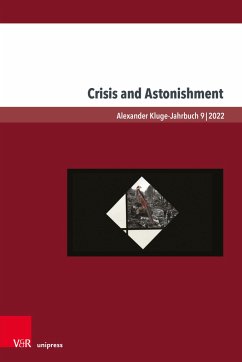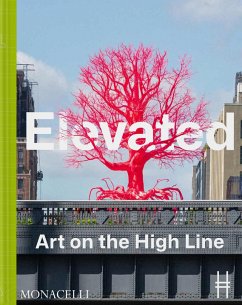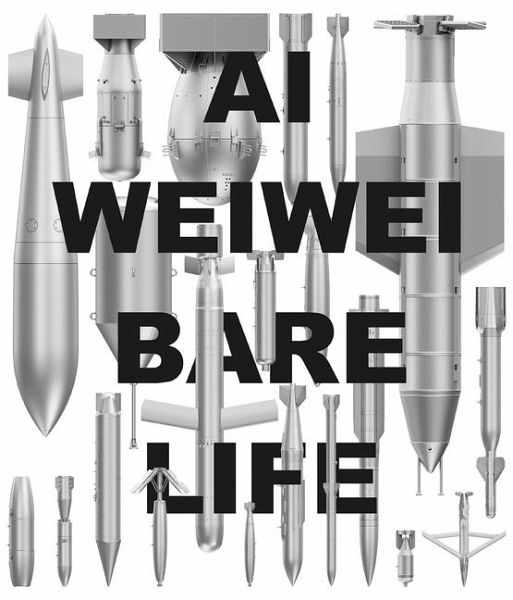
AI Weiwei
Bare Life
Herausgeber: Eckmann, Sabine
Versandkostenfrei!
Versandfertig in über 4 Wochen
39,99 €
inkl. MwSt.

PAYBACK Punkte
20 °P sammeln!
Over the past two decades, the Chinese conceptual artist, activist, and exile Ai Weiwei has created art that addresses complex and sensitive themes of political, ethical, and social urgency. His artworks, which call upon both Western and Chinese cultural traditions, are deeply engaged with the history of art, drawing particularly on conceptualism and minimalism. Informed by the readymade--central to the work of Marcel Duchamp and Andy Warhol--his work questions the status of the work of art itself, blurring the lines between art and non-art, invention and appropriation, structure and openness,...
Over the past two decades, the Chinese conceptual artist, activist, and exile Ai Weiwei has created art that addresses complex and sensitive themes of political, ethical, and social urgency. His artworks, which call upon both Western and Chinese cultural traditions, are deeply engaged with the history of art, drawing particularly on conceptualism and minimalism. Informed by the readymade--central to the work of Marcel Duchamp and Andy Warhol--his work questions the status of the work of art itself, blurring the lines between art and non-art, invention and appropriation, structure and openness, even fiction and fact. From the start of his multifaceted career in the late 1970s, Ai has envisioned artistic practice as a deeply human, moral, and political endeavor. This volume--a hybrid between a scholarly study and an exhibition catalog--presents the artist's work in dialogue with theoretical texts by the Italian philosopher Giorgio Agamben and the German-Jewish philosopher Hannah Arendt alongside interpretive essays that illuminate the artist's work on human rights, his engagement with historical Chinese artifacts, and his critical consideration of the effects of globalization. The book includes a new essay on human rights by Ai Weiwei and an interview in which he discusses his artwork and activism. It also features installation photographs of the corresponding exhibition. By exploring Ai Weiwei's artistic practice in dialogue with philosophies, theories, and concepts that connect human life and political power, this publication offers new insights into one of the most important artists working today.



